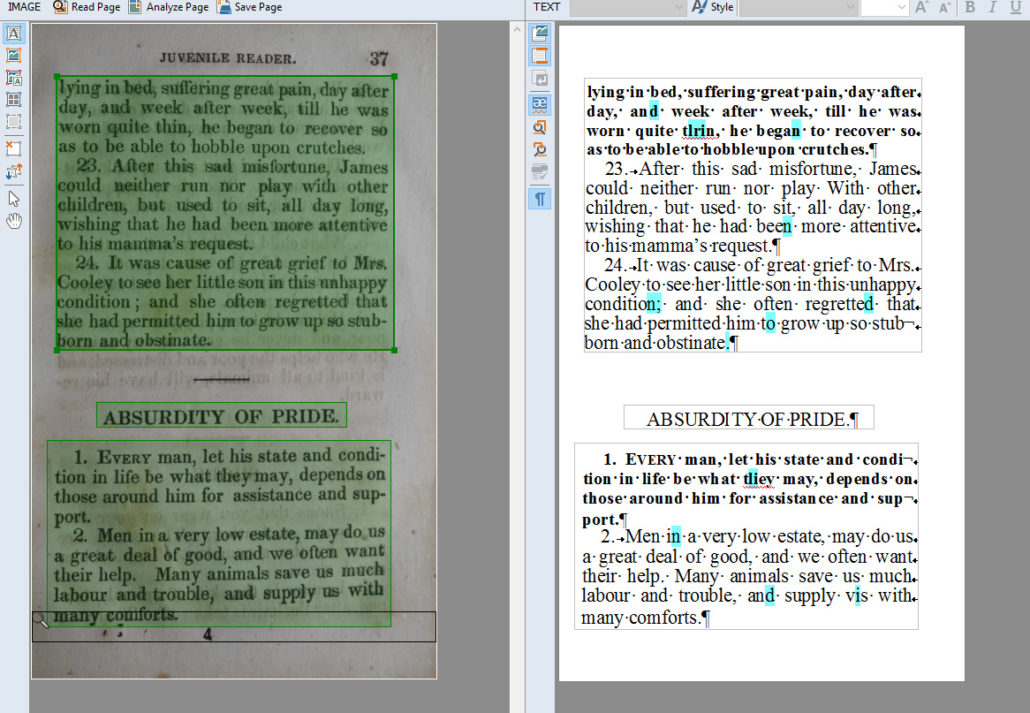
Digitization for Museums
Who We Serve
Museums
Big or small, museums are the guardians of knowledge, art, and history. Detailed museum exhibits display the enthusiasm collectors have for unearthing and sharing their niche interests. That same dedication to preservation and access is the driving force for many museums to digitize their collections.

The Value of a Collection
Digital access to museums opens up exciting possibilities for museums to increase their reach and impact in their communities. Digital collections remove geographical limitations, allowing students, researchers, or merely the curious to experience the value the museum offers. For a museum whose goal is to educate and share, preserving the legacy of digital collections aligns with their mission.
Museums often have budgetary constraints that require them to prioritize the preservation of the physical documents over expanding their reach to a greater audience. Digitization is a way to do both at once. By digitizing a collection, the original will suffer less handling or exposure to inhospitable conditions. Such digital collections can also be monetized to increase revenue and support the museum’s mission. This could mean putting the entire collection behind a paywall or merely charging for the option to print. Either way, a digital collection increases the value, accessibility, and longevity of the physical collection. Museums that care for historical documents have the potential for even greater impact by digitizing their collections.

OCR and Searchability
Once digitized, not only can the original document be kept safe from over-handling, but metadata and optical character recognition (OCR) provide a way to increase the utility of the collection. After carefully scanning a document, OCR software “reads” and transcribes the text in the scanned page, then overlays the digital text layer onto a high-quality image. This provides users of digital collections the ability to perform full text searches of the documents, making research more efficient and preventing damage to the original materials.
Improved Research
Similarly, metadata improves searchability through carefully curated keywords and subject matter information. It works in tandem with OCR to build the most robust search features available. Full text search of an author would bring up any works including that name. With metadata, pseudonyms or alternate spellings could also be included, so that a search for Mark Twain would also return items for Samuel Clemens. Accurate and thorough search results like this are impossible with a solely physical collection, leaving many researchers with only a partial picture of what is available to study.

